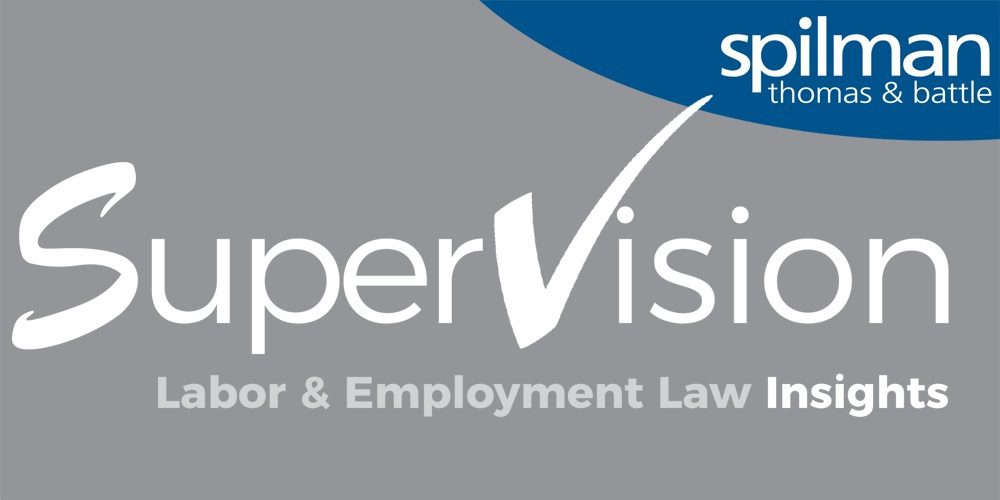Article
Resources
Article
When Even Emojis are Evidence: The Importance of Clear Written Communication

People in the workplace communicate more often and via more methods than ever before. Quite often, many of these methods of communication—emails, text messages, and instant messages on platforms like Slack or social media—are less formal than communication methods of the past. While these methods may encourage a less formal style of communication, any form of written communication can become evidence in litigation. For this reason, employers and managers must be mindful, now more than ever, of how they communicate with (and about) employees.
The more we communicate in writing, the more opportunities there are for mistakes and unclear messaging, particularly in less formal communication methods, such as text messages. Courts and arbitrators consider all types of written communication—including the use of emojis—when assessing employer liability in discrimination and harassment lawsuits. For example, in a 2022 sexual harassment case, a federal district court analyzed whether any emojis exchanged in instant messages “could be considered sexual in nature.”
Employers and managers should view every written communication, regardless of the type or medium, as being potentially subject to review by a judge or jury. Falling prey to the ease of quick written communication can create liability for an employer down in the road. For example, in a recent federal retaliation lawsuit, management initially gave an allegedly low performing employee the option to go on a performance improvement plan (PIP) or be demoted. In selecting the PIP option, the employee complained that her age was a factor in the options presented to her. The following day, the HR Manager sent a text message to management suggesting a “new plan” that involved “taking the PIP off the table” and offering the employee only the options of demotion or severance. The manager responded only with a “thumbs up” emoji.
While the district court originally granted summary judgment to the employer, the appellate court reversed that decision and remanded the case back to the district court finding the text messages—including a single thumbs up emoji—to be highly probative evidence that the district court failed to consider. This case shows just how crucial written communications are in litigation.
Managers and supervisors must understand the importance of effective communication in the workplace, whether with frontline employees or among management. Although authenticity is important in workplace communications to develop trust, it should be balanced with professionalism to avoid appearing flippant, vague, or incapable of the constructive dialogue required of managers. As is clear from the cases discussed above, even the intent behind an emoji will be considered by courts when they assess whether an employment decision was unlawful. In the context of preventing employment litigation, communications among management serve as a written record of the nature in which managers make employment decisions—ideally demonstrating that company leaders act based on legitimate business needs as opposed to the biased or ill-considered whims of management. Management training regarding employment policies and procedures and effective workplace communication is helpful to ensure that these concepts are understood and practiced by all managers and supervisors.
Spilman’s labor and employment lawyers are available to provide training to managers on strategies for effective communication in the workplace and to otherwise assist with your labor and employment needs. Please contact us if you have questions.


